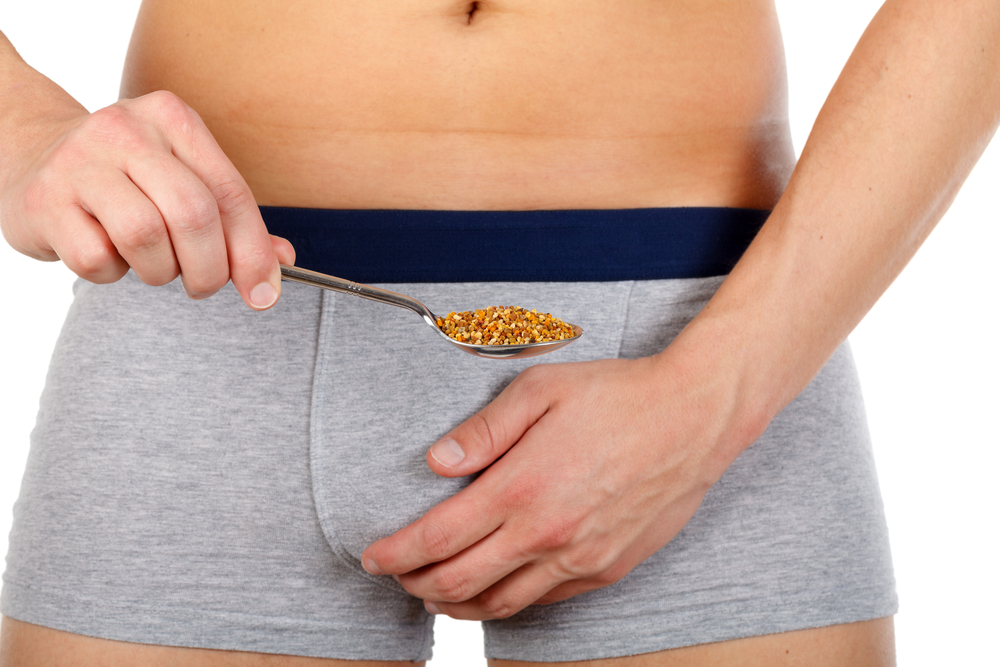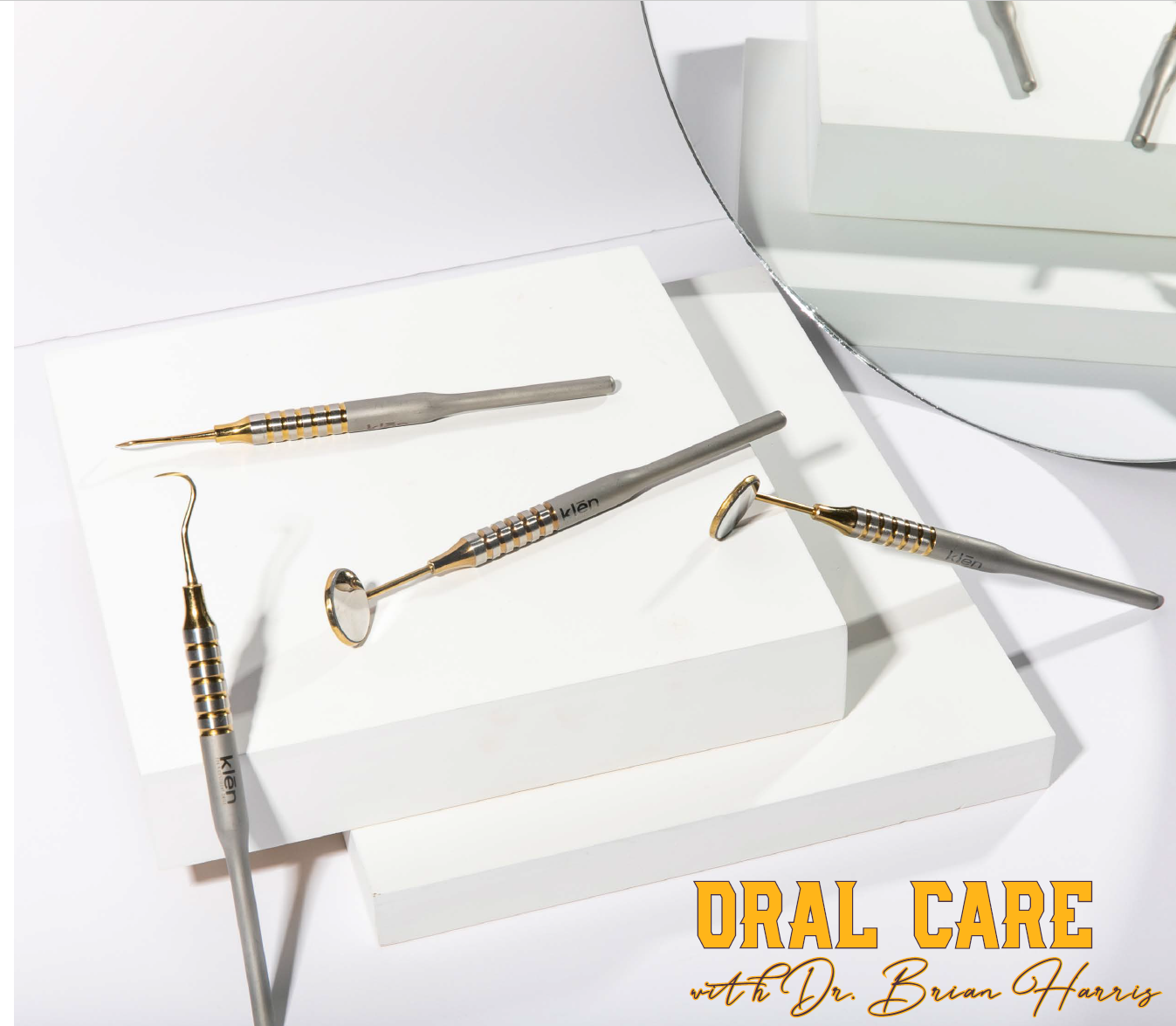In achieving great overall health and wellness, you must be consistent in taking care of your body and its different parts and organs to ensure that they function harmoniously. This includes your reproductive organs, as they are vital to both your physical and holistic health.
In light of this, one of the leading cancers common in American men is prostate cancer, next to skin cancer. An estimated 30,000 men have died from prostate cancer this year, making it the second cause of cancer death in the United States, after lung cancer. Because of this, men should endeavor to always keep their prostate in good condition.
What Can Men Do For Their Prostate?
As men age, their prostate relatively increases from being the size of a walnut to the size of an apricot as they reach 60 years of age. This enlargement is called benign prostatic hypertrophy (BPH), though it remains unclear why this happens. Other common prostate problems that occur amongst men are chronic prostatitis, acute and chronic bacterial prostatitis, and prostate cancer. Symptoms of prostate gland enlargement include:
● Frequent and painful urination
● Blood in urine or semen
● Urinary incontinence
● Frequent pain in the lower back, upper thighs, hips, and rectal area
● Painful ejaculation
To prevent symptoms from worsening, men can practice various healthy habits to keep their prostate in good condition. One of these is having healthy eating patterns by consuming fruits and vegetables with deep and bright colors, healthy fats, and high-protein meals in the right portions. Together with the proper diet, men can boost their prostate health through taking vitamins and supplements, like the Prostagenix, which promotes prostate health and combats BPH. To shed light on the matter, you can take dietary prostate supplements, all of which have varying effects, according to your physician’s prescription. Here are some of them:
Pygeum
Extracted from the bark of African cherry trees, pygeum is known for its wide array of health benefits, including remedies for BPH, cure for prostate cancer, and treatment for prostatitis symptoms. Since prostate issues are usually linked with prostate enlargement, pygeum can help in shrinking the prostate and prevent or slow down its further enlargement. In this way, pygeum can relieve various symptoms such as poor, painful, and frequent urination, thanks to its anti-inflammatory properties.
Pygeum extracts usually come into two classifications: Pygeum africanum and Prunus africana. Physicians generally recommended 75 mg to 200 mg of pygeum each day to be a safe amount. Pygeum supplements usually exist in capsule and tablet forms, which can be taken orally. However, side effects like nausea and abdominal pain might occur.
Beta-sitosterol
Beta-sitosterols, which are steroids found in most plants, are a chemical substance resembling the structure of cholesterol. It is found in nutritious foods like soybeans, peanuts, wheat germs, rice bran, and corn oils. Aside from its health benefits that deal with heart diseases, the immune system, allergies, the common cold, asthma, and more, beta-sitosterols are also found to benefit the prostate. Similar to pygeum extracts, beta-sitosterols can alleviate the benign enlargement of the prostate and prevent the exacerbation of prostate cancer. In women, this substance is also used for menopausal symptoms. Beta-sitosterols also aid in boosting sexual activity and hormonal regulation.
Beta-sitosterols are also recommended to be consumed orally, and it’s also safe when applied to the skin. However, taking beta-sitosterol supplements can cause inconvenient side effects such as gas, indigestion, diarrhea, constipation, and nausea, but these can be manageable. These supplements come in the form of tablets and capsules, and are affordable.
Saw Palmetto
The saw palmetto or American dwarf palm tree yields ripe fruits known as the saw palmetto, which are highly significant in the field of health and medicine. This is commonly used in preventing the symptoms of BPH. It doesn’t actually shrink the size of the prostate, but it shrinks the inner lining on the tubes carrying urine. Through this treatment, painful urination can be lessened as there’s decreased pressure on the ureters.
However, because it is a folk remedy, saw palmetto may not be as effective as other supplements and medications for BPH. Even though its effects in the body occur slowly, saw palmetto can otherwise help in the prostate’s post-surgery conditions. Taking 320 mg of saw palmetto everyday for two months before a prostate surgery is known to be helpful during the actual operation. It can lessen the time spent on the surgery, the risk of issues developing during the surgery, and diminished blood loss.
Conclusion
As most people often forget its importance, the prostate gland is an essential organ in the male reproductive system that is responsible for various components of the semen. Through taking these dietary supplements, men can contribute to their prostate health and slow down the impending symptoms and occurrences of prostate issues.
Read the latest issue of Athleisure Mag.












